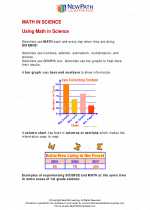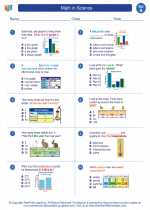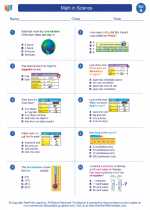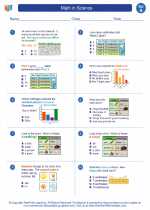Producer
In science, a producer is an organism that is able to produce its own food through the process of photosynthesis. This means that producers are able to convert light energy from the sun into chemical energy, which is stored in the form of glucose.
Plants are the most common examples of producers. They have special organelles called chloroplasts that contain chlorophyll, a green pigment that allows them to capture light energy. Using carbon dioxide from the air, water from the soil, and light energy, plants are able to produce glucose and oxygen through the following chemical reaction:
6CO2 + 6H2O + light energy → C6H12O6 (glucose) + 6O2
Study Guide
- What is a producer?
A producer is an organism that can produce its own food through photosynthesis. - How do producers convert light energy into chemical energy?
Producers use chlorophyll to capture light energy and convert carbon dioxide and water into glucose and oxygen through photosynthesis. - What are some examples of producers?
Plants, algae, and some bacteria are examples of producers. - What is the chemical equation for photosynthesis?
6CO2 + 6H2O + light energy → C6H12O6 (glucose) + 6O2
Understanding the role of producers in ecosystems is important for understanding food chains and the flow of energy in the natural world.
.◂Science Worksheets and Study Guides First Grade. Math in Science

 Worksheet/Answer key
Worksheet/Answer key
 Worksheet/Answer key
Worksheet/Answer key
 Worksheet/Answer key
Worksheet/Answer key
